‘I didn’t even know this type of attack existed’: more than 200 women allege drugging by senior French civil servant
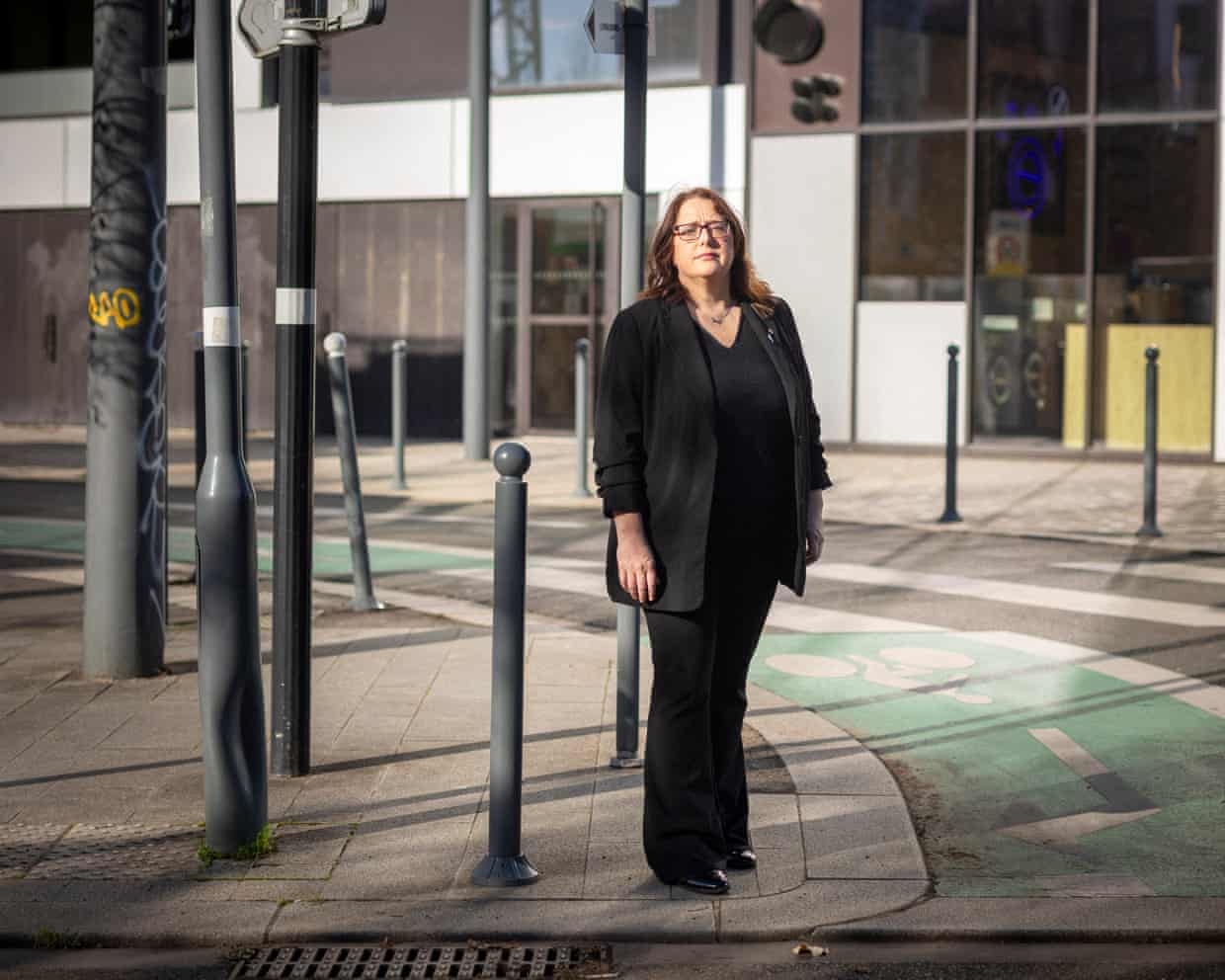
When Sylvie Delezenne, a marketing expert from Lille, was job-hunting in 2015, she was delighted to be contacted on LinkedIn by a human resources manager at the French culture ministry, inviting her to Paris for an interview,“It was my dream to work at the culture ministry,” she said,But instead of finding a job, Delezenne, 45, is now one of more than 240 women at the centre of a criminal investigation into the alleged drugging of women without their knowledge in a place they never expected to be targeted: a job interview,An investigating judge is examining allegations that, over a nine-year period, dozens of women interviewed for jobs by a senior civil servant, Christian Nègre, were offered coffees or teas by him that had been mixed with a powerful and illegal diuretic, which he knew would make them need to urinate,Nègre often suggested continuing the interviews outside, on lengthy strolls far from toilets, the women say.
Many of the women recall struggling with the need to go to the toilet and feeling increasingly ill.Some, in desperation, say they urinated in public, or didn’t reach a bathroom in time, wetting their clothes.Some felt a sense of shame and failure that has had an impact on their lives, they say.“At the time, I didn’t even know this type of attack existed,” Delezenne said.The alleged assaults came to light in 2018, after a colleague reported Nègre allegedly attempting to photograph the legs of a senior official, prompting police to open an investigation.
Officers found a computer spreadsheet titled “Experiments”, where he had allegedly noted the times of druggings and the women’s reactions.In 2019, removed from the ministry and the civil service, Nègre was placed under formal investigation on several charges ranging from drugging to sexual assault.His lawyer, Vanessa Stein, said he would not comment while the investigation continues.Awaiting trial, Nègre has been able to continue working in the private sector.Louise Beriot, a lawyer for several of the women, said of the alleged druggings: “Under the pretext of a sexual fantasy, this is about power and domination over women’s bodies … through humiliation and control.
”Six years on, the case is the latest in France to cast a spotlight on drug-facilitated abuse, known in the country as “chemical submission”.The term became prominent last year when Gisèle Pelicot waived her anonymity in the trial of dozens of men who were found guilty of raping her after she had been drugged unconscious by her ex-husband.But several women in the job interview drugging investigation said their case was taking too many years to come to trial, only increasing their trauma.“Six years later, we’re still waiting for a trial, which is mind-blowing,” said one of the women, known by the pseudonym Émilie.“It’s taking too long.
The justice process is bringing more trauma than healing.That’s not what justice is supposed to be about.”Delezenne was 35 when she was invited to the prestigious culture ministry building near Paris’s Louvre museum and was shown by Nègre to a meeting room.Out of politeness, she said, she accepted a coffee.“In an interview situation, I’d never say no,” she said.
The vending machine was in a busy corridor, and Delezenne said she pressed the button herself for a lightly sweetened coffee.She said Nègre had picked up her cup, turned to greet a colleague, then moved across the corridor, before returning and handing her the drink.He allegedly suggested going outside to view some monuments, adding: “The weather’s marvellous; shall we keep walking?”Delezenne said she was led around the Tuileries gardens answering questions for a long time, with the entire interview process lasting several hours.She focused on her need for a job, having left her previous position for health reasons and knowing that her savings were dwindling.“But I felt an increasing need to urinate,” she said.
“My hands were trembling, my heart was palpitating, beads of sweat ran down my forehead and I was turning red,I said: ‘I’m going to need a technical break,’ But he kept on walking,”Eventually, she couldn’t hold on: “I wasn’t well; I thought what can I do?” She had to crouch down at the side of a tunnel leading to a footbridge across the Seine,She said: “He approached, took off his jacket and said: ‘I’ll shield you.
’ I thought that was strange,”She was devastated,“I thought: ‘I’ve wrecked my interview,’” On the way home she was abnormally thirsty, quickly downing litres of water,“My feet were so swollen they were bleeding from rubbing my shoes.
”In the months and years that followed, Delezenne blamed herself for “messing up”.She avoided going to Paris and stopped applying for jobs.“I had nightmares, angry outbursts.I didn’t look for work; I thought I was useless,” she said.Four years later, in 2019, police contacted her.
She said she discovered her details had been entered into a spreadsheet, along with photographs of her lower legs,She has since been diagnosed with post-traumatic stress disorder,“The time this is taking to come to trial is weighing on me,” she said,“The anger is not going away,”Another woman to have been contacted by police is Anaïs de Vos, who was 28 when she applied for a job as a managerial assistant at the culture ministry in 2011.
She doesn’t habitually drink coffee,“But in an interview when someone offers coffee, especially the manager, you say yes,” she said,Nègre went to a corner of the meeting room to prepare it himself, she said,He suggested they walk outside, but de Vos started to need the toilet, and asked to head back because she was cold,Instead, she said, he crossed the road in the other direction, to the banks of the Seine.
She said: “He looked me in the eye and said: ‘Do you need a wee?’ It was like an adult talking to a child,I found it bizarre, so I replied quite coldly,” He gestured to a storage unit under a bridge as a place to urinate, but she refused,“I had a warning light in my head telling me there was something wrong,”Nègre suggested going towards the Louvre.
But the toilet that de Vos found cost €1 and Nègre had told her to leave her bag behind at the ministry.She had no money, and he said he had none to lend her.Eventually, unable to cope, she entered a cafe.The toilet was upstairs, and as soon as she saw the door, she began to wet her clothes, but managed to dry herself.On the train home later, she said she had felt “really ill and as if I was about to faint”.
She wasn’t surprised to be contacted by police in 2019.“I always thought something was strange,” she said.“The justice system has taken too long … For us, it feels like we’re being victimised a second time.”Émilie, whose lawyer advised she use a pseudonym because the investigation is ongoing, was 29 and established in the arts world when she began looking for a new job in 2017.She was contacted by Nègre on LinkedIn and invited to the regional culture office in Strasbourg, where he then worked.
He offered her tea and left the room to make it himself, before continuing the interview on a river walk and cathedral visit, which lasted two hours, she said.She said: “I wanted to go to the bathroom, but he said: ‘There are no toilets here.Let’s just carry on.’ He was walking very, very slowly, stopping to ask questions.I was feeling dizzy; I thought I might pass out.
” She made it back, and he showed her straight to a private toilet directly adjoining his office.“It felt really weird,” she said.Two years later, she heard about a media report on an investigation into alleged drugging with diuretics by an unnamed figure at the culture ministry.“Suddenly everything made sense, but it was an immense shock,” she said.She filed a complaint with police.
She left her Strasbourg job, and later left France.Beriot said the case was on an “extraordinary scale” and the unusually long investigation amounted in legal terms to “secondary victimisation” of the women by the justice system.She said: “The Pelicot trial was a very important first step and chemical submission remains a vast issue.”Some women have won compensation in a civil case against the state, where the culture ministry itself was not found to be at fault.A culture ministry official said it was committed to preventing harassment and sexual violence and providing support to survivors.
The CGT culture trade union said: “We want the ministry to recognise its responsibility as an employer – there is a systemic problem, which enabled a senior civil servant to act like this for a decade,” The union said other staff had previously made allegations against him, accusing him of taking pictures of women’s legs in meetings,Delezenne, who now works in marketing for a hairdresser in Lille, said: “My priority is that this never happens to anyone else again,” Information and support for anyone affected by rape or sexual abuse issues is available from the following organisations,In the UK, Rape Crisis offers support on 0808 500 2222 in England and Wales, 0808 801 0302 in Scotland, or 0800 0246 991 in Northern Ireland.
In the US, Rainn offers support on 800-656-4673,In Australia, support is available at 1800Respect (1800 737 732),Other international helplines can be found at ibiblio,org/rcip/internl,html

‘I didn’t even know this type of attack existed’: more than 200 women allege drugging by senior French civil servant
When Sylvie Delezenne, a marketing expert from Lille, was job-hunting in 2015, she was delighted to be contacted on LinkedIn by a human resources manager at the French culture ministry, inviting her to Paris for an interview.“It was my dream to work at the culture ministry,” she said.But instead of finding a job, Delezenne, 45, is now one of more than 240 women at the centre of a criminal investigation into the alleged drugging of women without their knowledge in a place they never expected to be targeted: a job interview.An investigating judge is examining allegations that, over a nine-year period, dozens of women interviewed for jobs by a senior civil servant, Christian Nègre, were offered coffees or teas by him that had been mixed with a powerful and illegal diuretic, which he knew would make them need to urinate.Nègre often suggested continuing the interviews outside, on lengthy strolls far from toilets, the women say
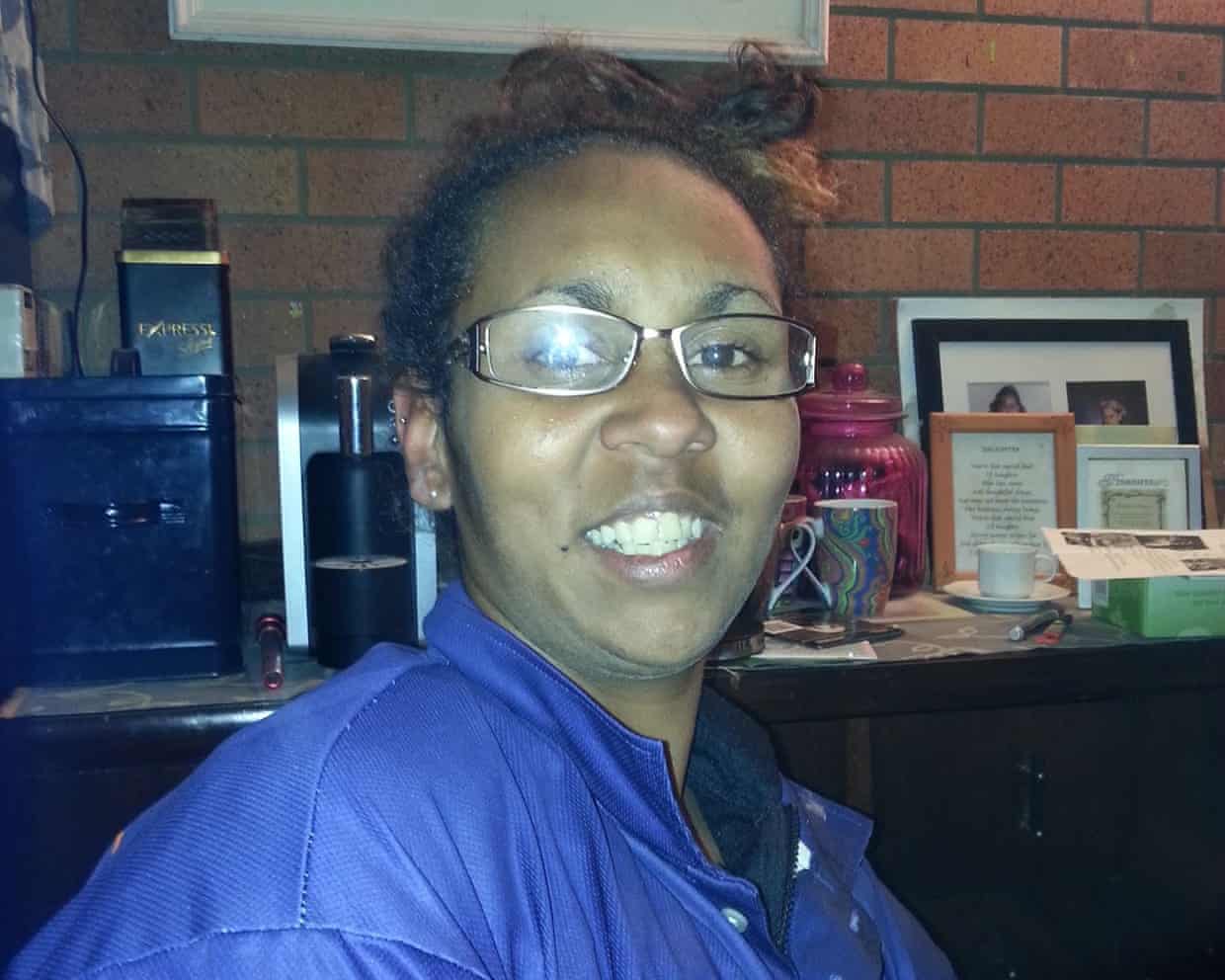
Horrific death of Kardell Lomas sparks urgent calls for new independent oversight of police
Members of the federal government’s own expert advisory panel on sexual violence have called for “urgent” independent national oversight of police after new revelations about Queensland police failures before the killing of the First Nations woman Kardell Lomas.Guardian Australia’s Broken trust investigation revealed that Lomas, a 31-year-old Kamilaroi and Mununjali woman, had sought help from police and other agencies in the months before she was killed.Her family has applied for an inquest to examine, among other things, failures by police to help Lomas, protect her from her dangerous partner, or investigate evidence of domestic violence.A statement signed by 16 of the 20 members of the expert panel selected to advise the federal government about sexual violence law reform has called on the attorney general, Michelle Rowland, to take “urgent, decisive action” in relation to the case.They said the case highlighted issues they had raised throughout the Australian Law Reform Commission’s inquiry into justice responses to sexual violence but that the inquiry’s recommendations had not gone far enough
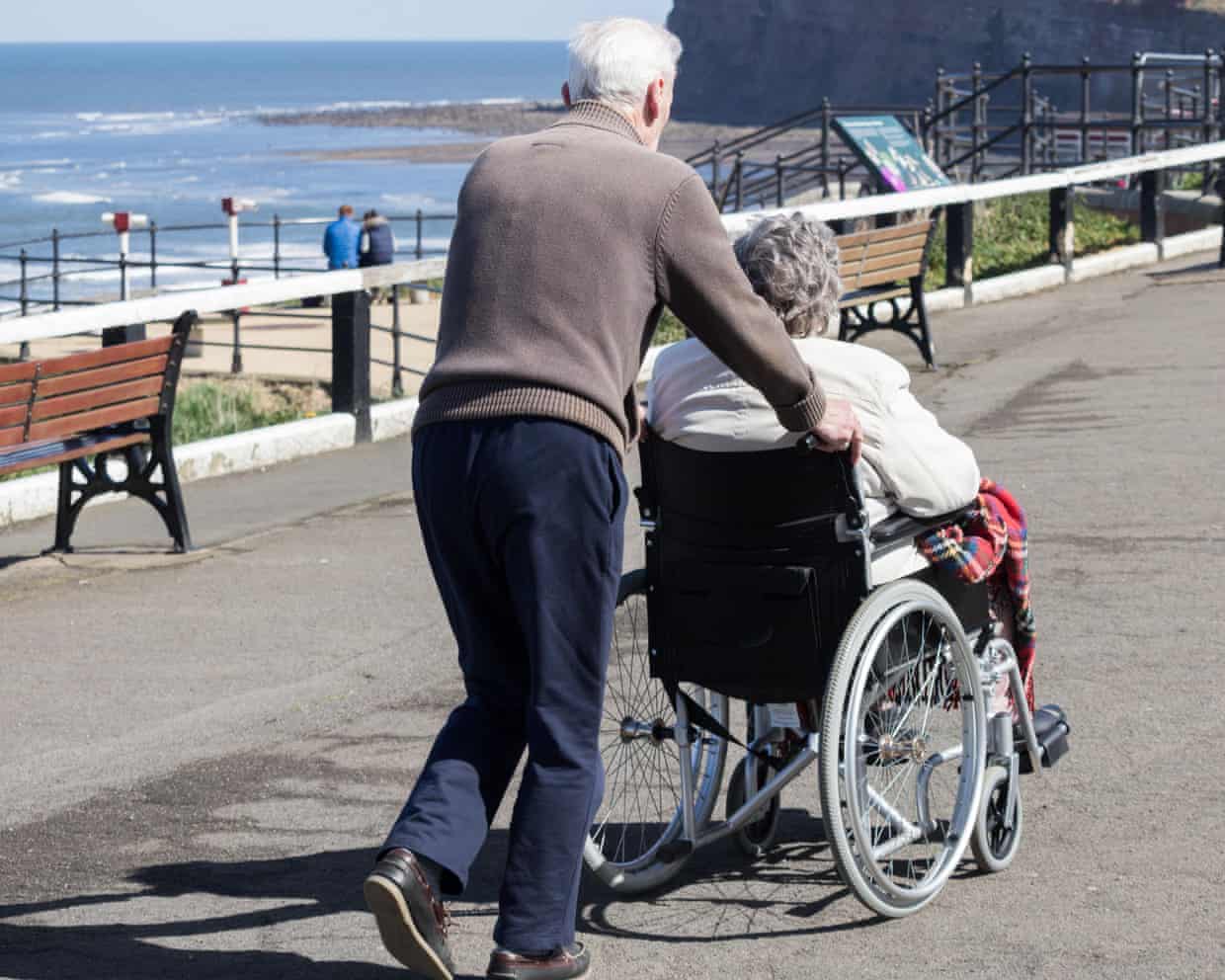
‘Outdated and ever less fit for purpose’: five takeaways from the carer’s allowance report
Of all the devastating passages in Liz Sayce’s 146-page criticism of the government’s failing carer’s allowance system, one above all leaps out. It describes how some felt so “overwhelmed”, ashamed and criminalised they considered killing themselves.One even investigated whether their fine would be cancelled if they died, only to find the government would still chase their family.The year-long independent review, sparked by a Guardian investigation, describes in brutal detail how those who have selflessly given up their lives to care for loved ones – saving the state an estimated £184bn a year – have been criminalised by a policy riddled with “systemic flaws” and a culture that assumed “negligence as a default”.The Department for Work and Pensions (DWP) has vowed to review a decade’s worth of carer’s allowance overpayments as a result

UK gambling firms make extra £1bn from punters amid calls for tax rises
The UK gambling sector made an extra £1bn from punters in the year to March, according to new data expected to buoy calls for the chancellor to raise betting taxes in Wednesday’s budget.Betting companies made £12.6bn from services excluding lotteries in the latest 12-month reporting period, the Gambling Commission revealed on Tuesday, a 9.3% rise on the £11.5bn the industry made during the previous year
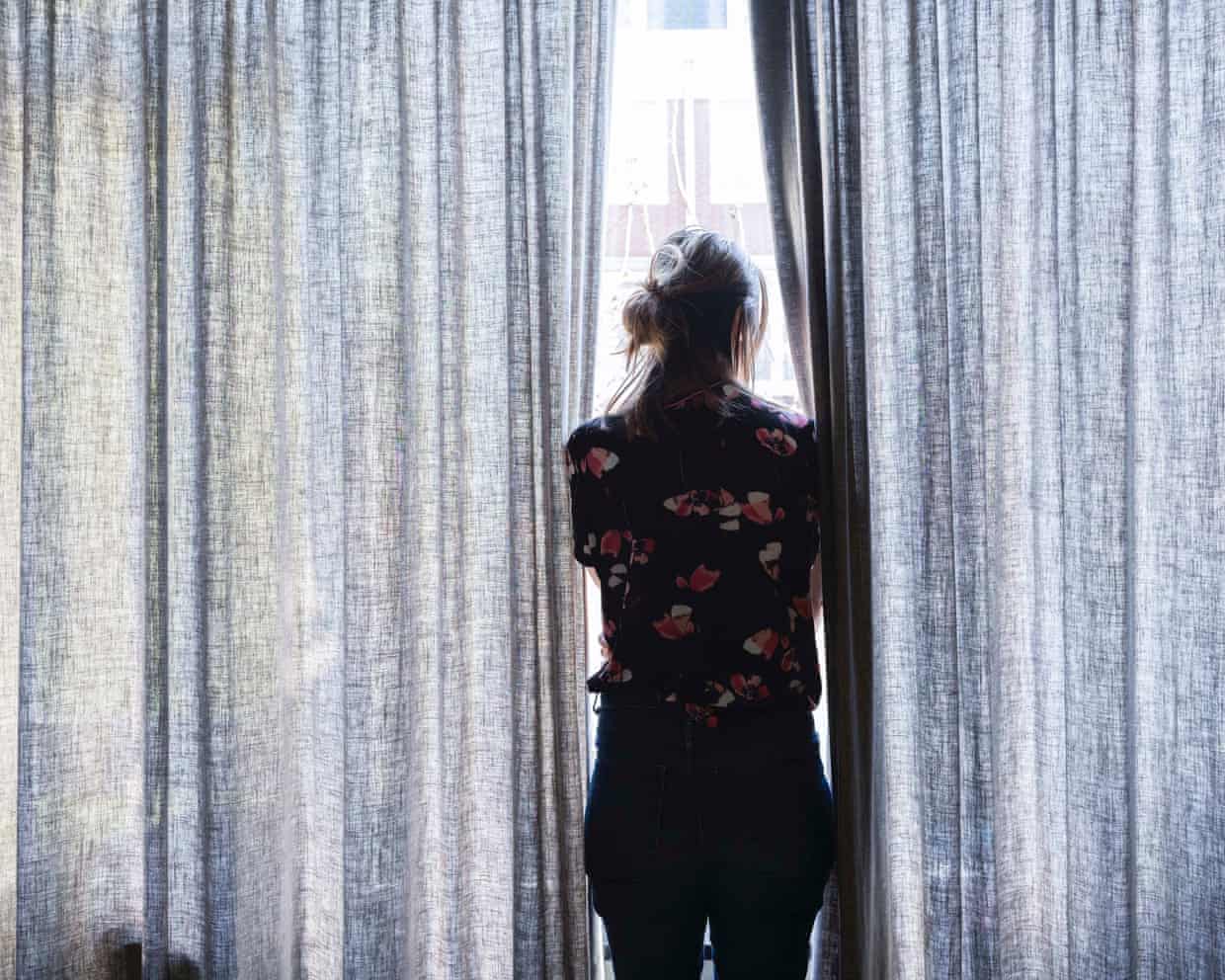
CPS to train staff on ‘spectrum of abuse’ in violence against women and girls
The Crown Prosecution Service (CPS) will train its staff to recognise the “wide spectrum of abuse” in cases of violence against women, after new data found that domestic abuse was present in more than a third of rape cases, and in more than eight out of 10 cases of stalking and image-based abuse.Launching its five-year Violence Against Women and Girls (VAWG) strategy, the body said its main aims were to increase casework quality and increase trust in the CPS.The CPS data found a significant overlap in crime types relating to violence against women and girls, with 93.5% of charges of “honour” crimes linked to domestic abuse, as well as 35.1% of rape charges, 82
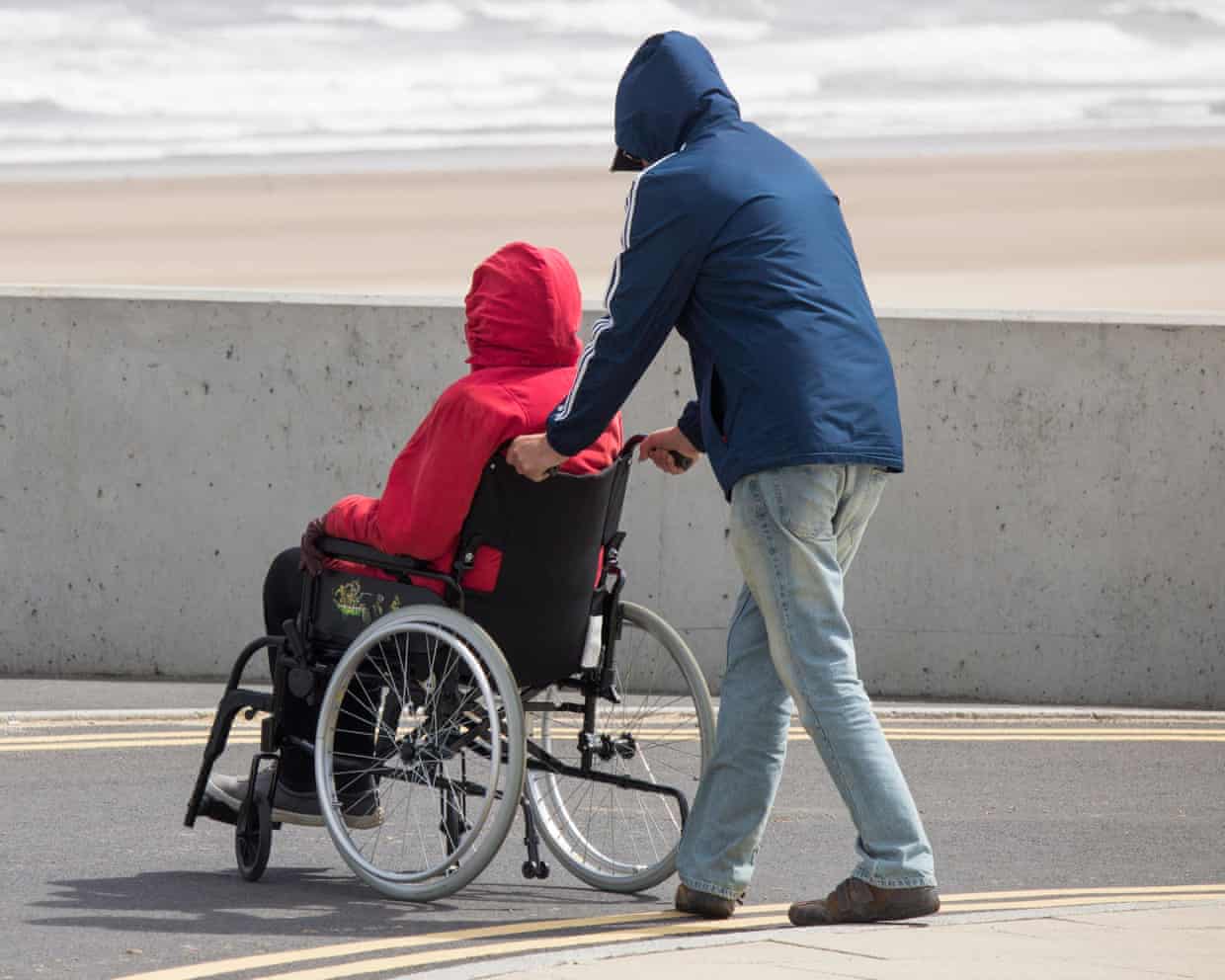
Ministers urged to apologise after review finds systemic failures led to carer’s allowance crisis
Ministers are facing calls to apologise and pay compensation to hundreds of thousands of unpaid carers after a damning review of the benefit system revealed some considered suicide to escape their debts.A report ordered by the government on the longstanding failures within the carer’s allowance found the Department for Work and Pensions (DWP) inflicted avoidable hardship and distress on carers and led to hundreds of millions of pounds of taxpayers’ money being misused.The investigation said fault lay with “systemic” issues at the DWP and said carers should not be blamed for falling foul of what it said were complex and confusing benefit rules.Unpaid carers who look after loved ones for at least 35 hours a week are entitled to £83.30 a week carer’s allowance, as long as their weekly earnings from part-time jobs do not exceed £196

Gopichand Hinduja
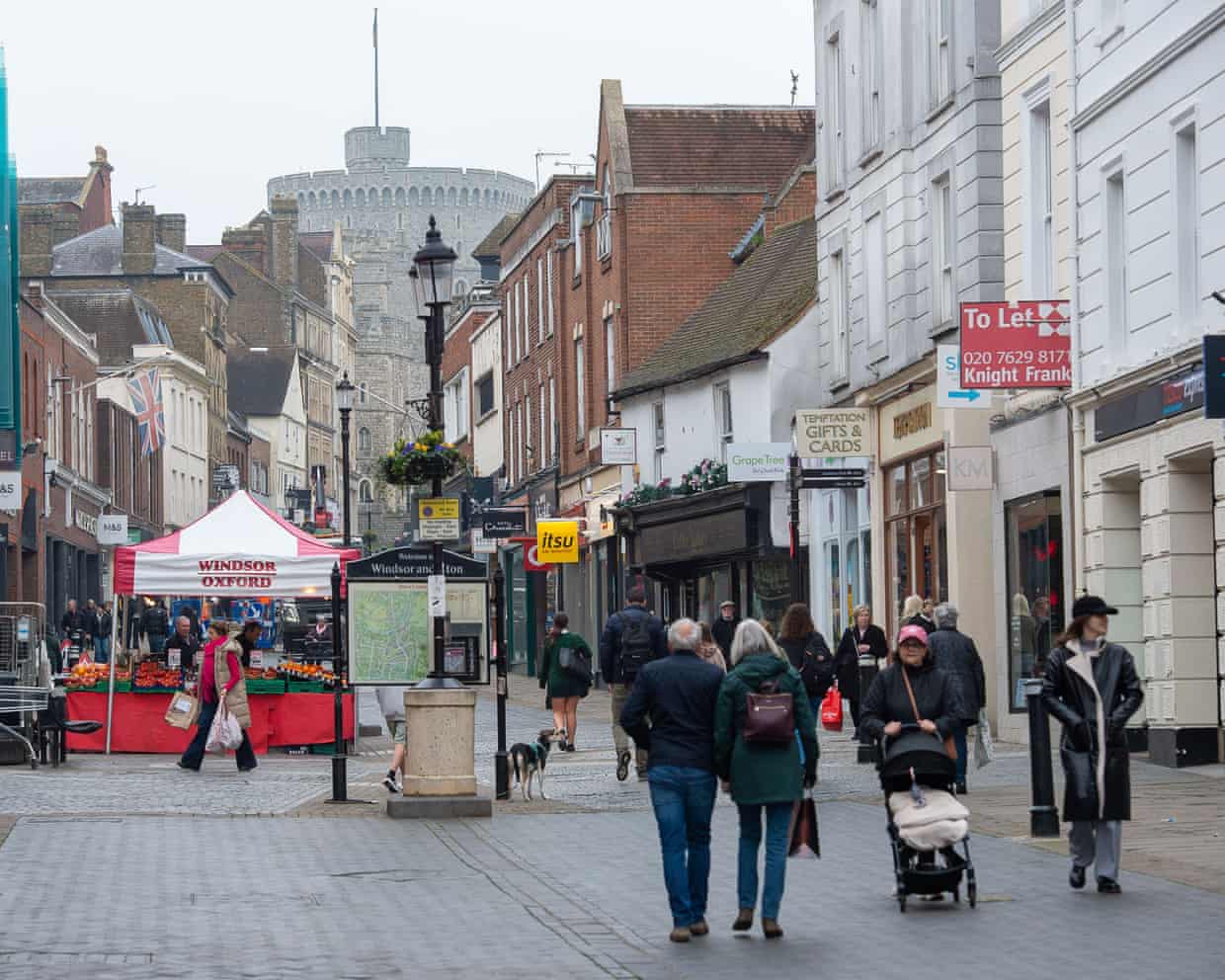
Relief for retailers as business rate changes in budget not as bad as feared

London councils enact emergency plans after three hit by cyber-attack

European parliament calls for social media ban on under-16s

Tuilagi could face England with Samoa while Marchant return is boon for Borthwick

Racing celebrates ‘Axe the Tax’ Budget campaign victory after Reeves spares sport